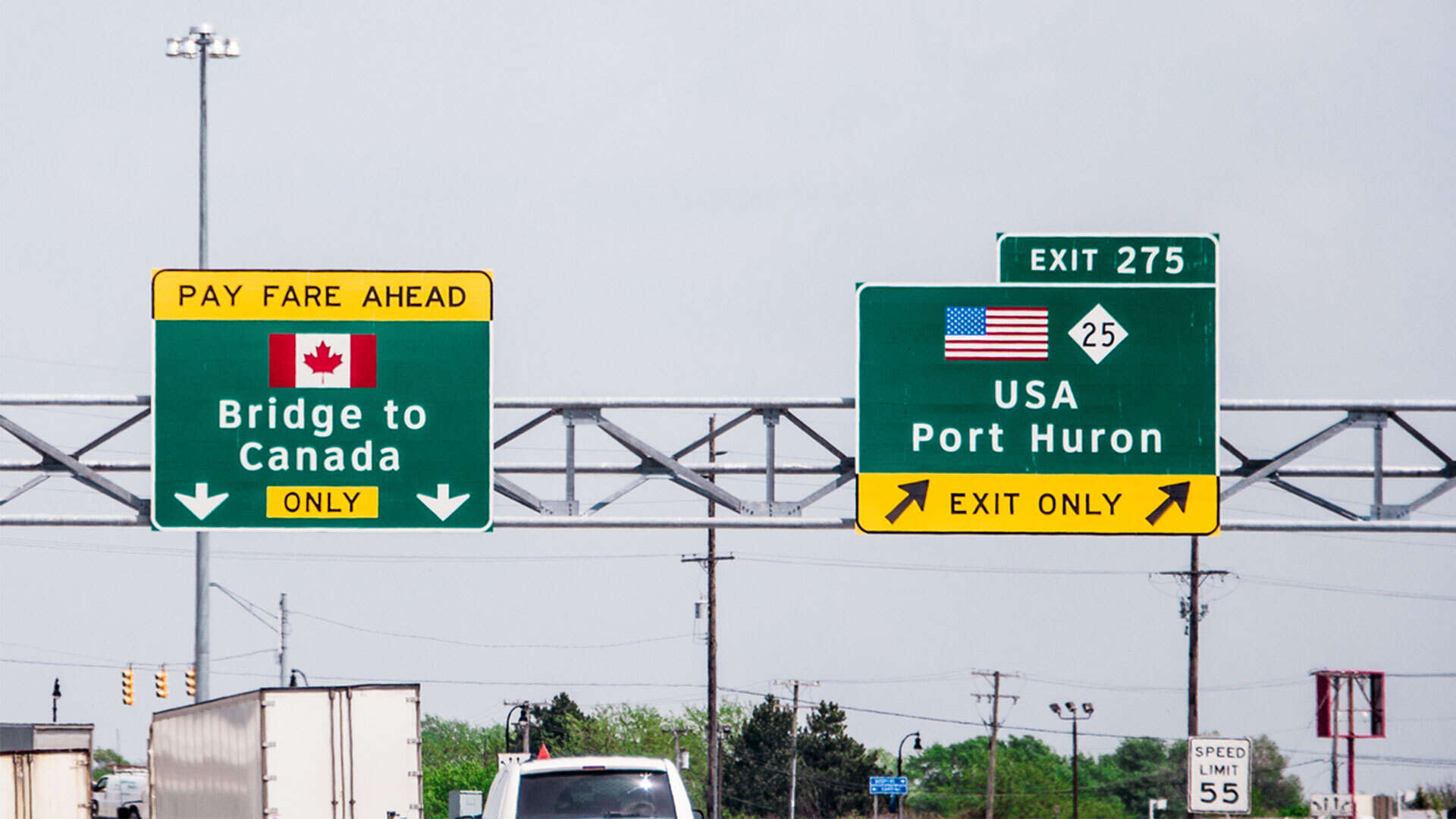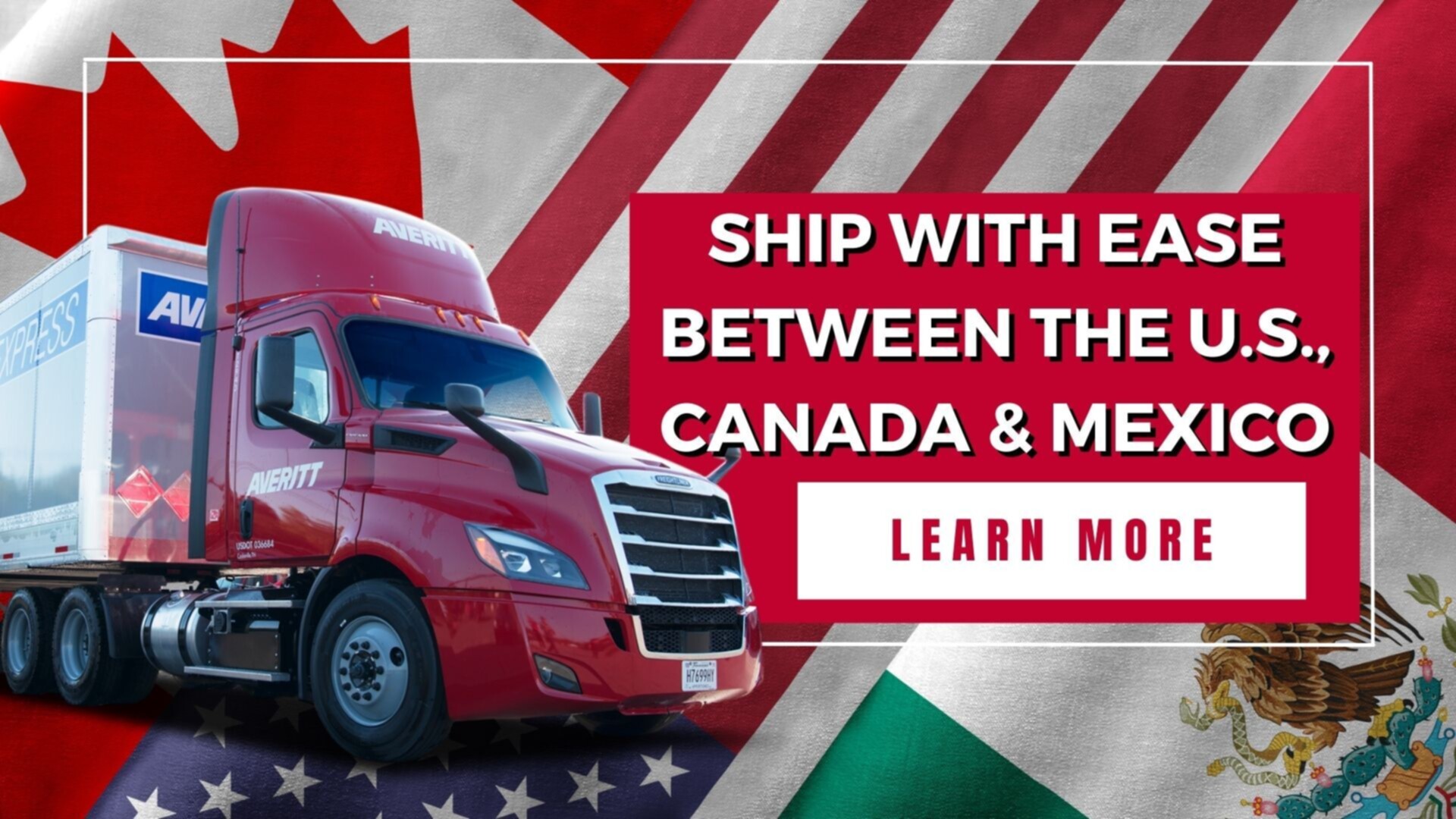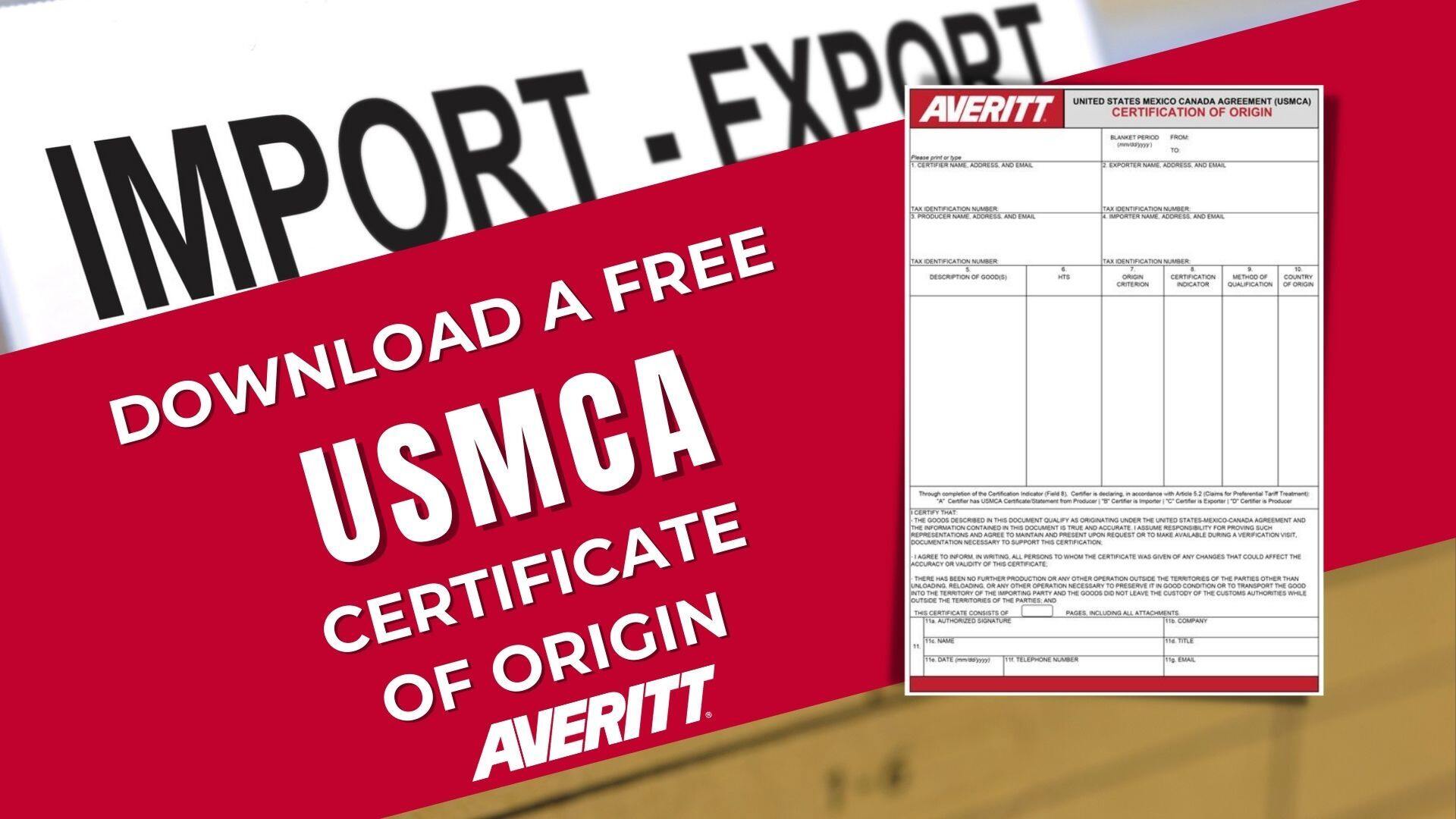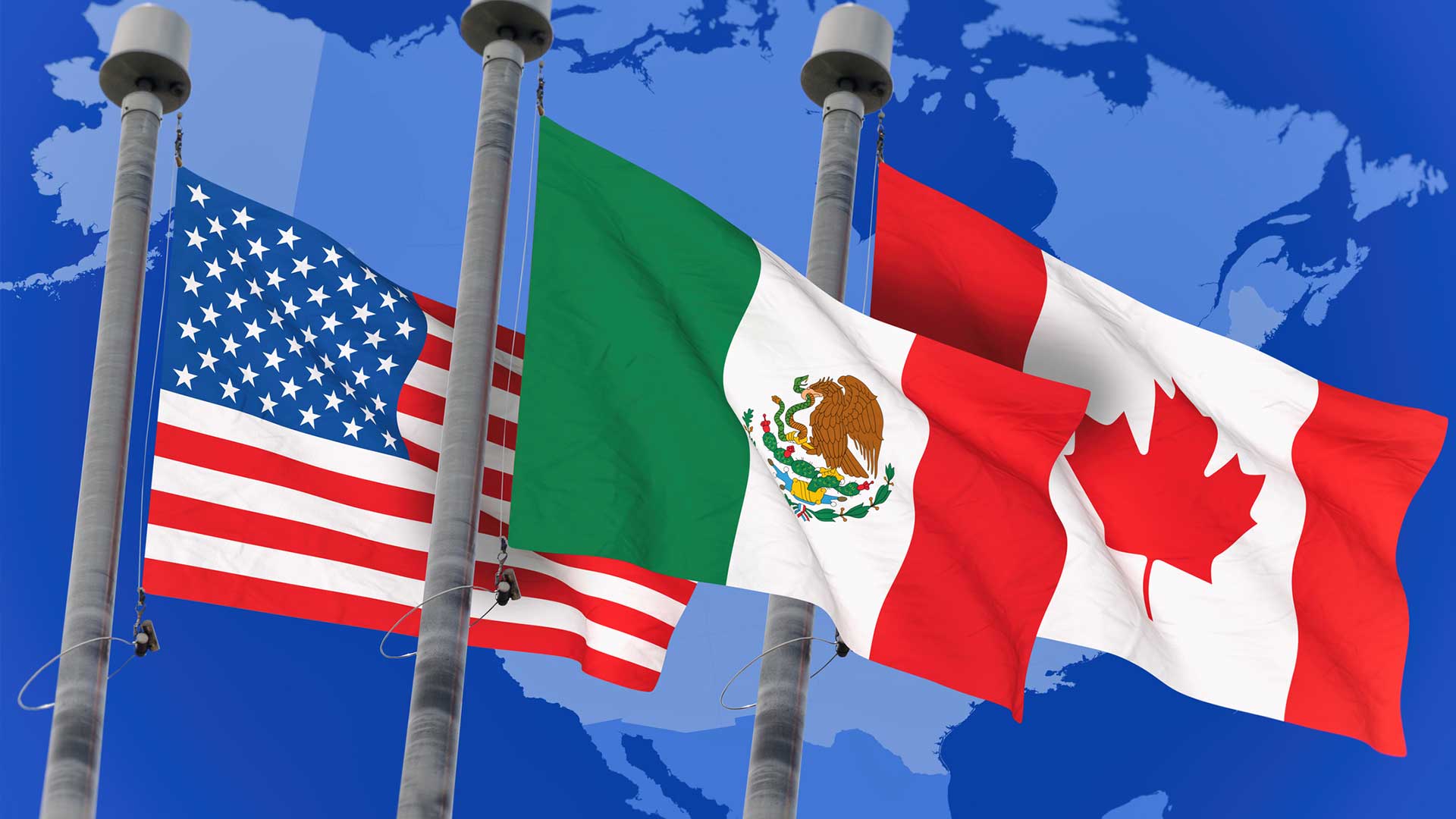On January 22nd, the U.S. government issued a rule that requires truck drivers entering the country to be fully vaccinated. Notably, this applies to Canadian and Mexican truck drivers that are heavily involved in the cross-border flow of materials and products to and from the U.S. The impact of the new rule could have consequences for many shippers and supply chains that rely on cross-border trade.
The recent mandate, however, does not apply to U.S. truck drivers that are crossing the border into Canada or Mexico. Nonetheless, Canada and Mexico have issued similar rules that will prevent U.S. truck drivers from crossing the border without proof of vaccination.
In an interview with Transport Topics, American Trucking Associations (ATA) Chief Economist Bob Costello noted that the impact will be felt more heavily with freight moves across the Canada and U.S. border. According to Costello, Mexican truck drivers that specialize in cross-border moves have a high vaccination rate.
When it comes to the U.S.-Canada freight market, approximately 75% of the estimated 160,000 cross-border truck drivers are Canadian. The Canadian Trucking Alliance believes that anywhere between 10 to 15 percent of cross-border truck drivers may quit or seek work elsewhere as a result of the vaccine mandate. That could equate to upwards of 16,000 fewer drivers that would normally support the growing volumes of freight moving between the U.S. and Canada.
The impact, however, may be felt more heavily by shippers that rely on trucking companies that use U.S. drivers to cross into Canada. Whereas the vaccination rate within the Canadian trucking industry is estimated anywhere from 83-87 percent, the ATA estimates that only 50-60 percent of U.S. truck drivers are vaccinated.

Implications For U.S. Shippers
Freight capacity moving across the borders, especially between the Canada and the U.S., will become more strained in the weeks and months to come. As a result, shippers may encounter higher rates and an increased chances of running into transit delays.
Nonetheless, it will be shippers that are accustomed to U.S. truck drivers that cross the border that may take the brunt of the impact. With a lower vaccination rate than their Canadian counterparts, some U.S. carriers that send their drivers across the border may run into issues when it comes to recruiting and retention. With no incentive to become compliant with Canada's cross-border vaccine rules, these drivers may turn to more domestic transportation jobs, including regional less-than-truckload or long-haul work.
What Can Shippers Do?
To avoid potential supply chain disruptions to cross-border operations, shippers may want to evaluate their current practices. Primarily, if a shipper is relying on a carrier that uses U.S. drivers to cross the borders with Canada and Mexico, they stand the greater chance of encountering issues.
So what can shippers do? One of the best options is to partner with a service provider that has an established relationship with Canadian and Mexican carriers that cross the border. For example, Averitt has partnered with leading service providers in Canada, including Polaris Transportation Group and Rosenau Transport, to provide full coverage of the country's 10 provinces. Similarly, Averitt delivers complete coverage of Mexico through a thoroughly-vetted network of carriers.
Through it's North America network, Averitt is able to provide shippers access to daily routes across the Northern and Southern borders via Canadian and Mexican drivers and equipment.
At the same time, Averitt manages the entire cross-border process for shippers, including customs clearance, so that businesses can spend more time growing instead of worrying about the logistics.









